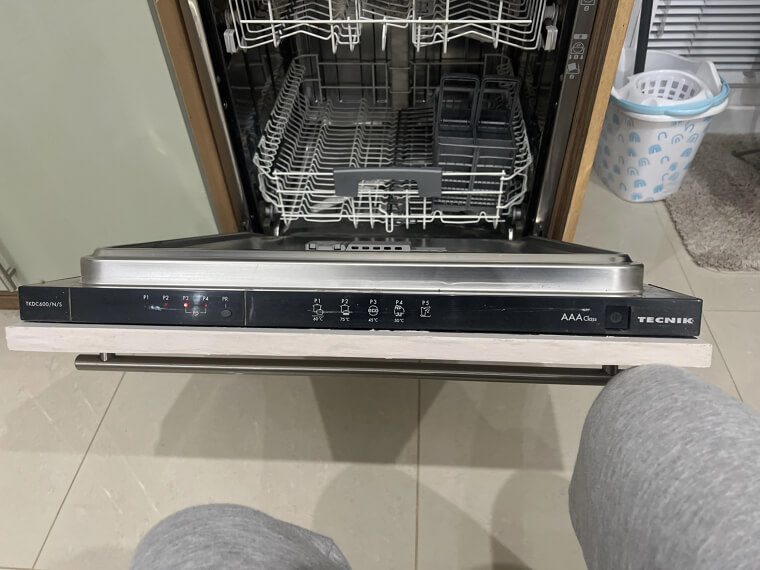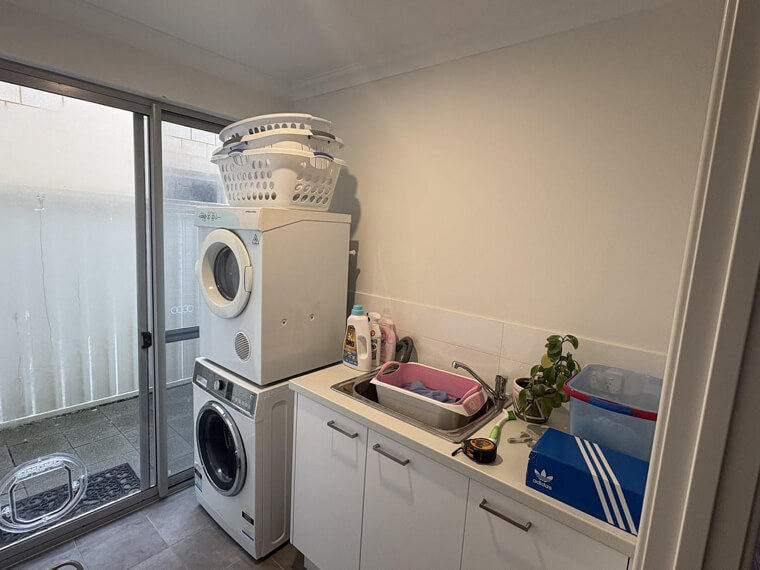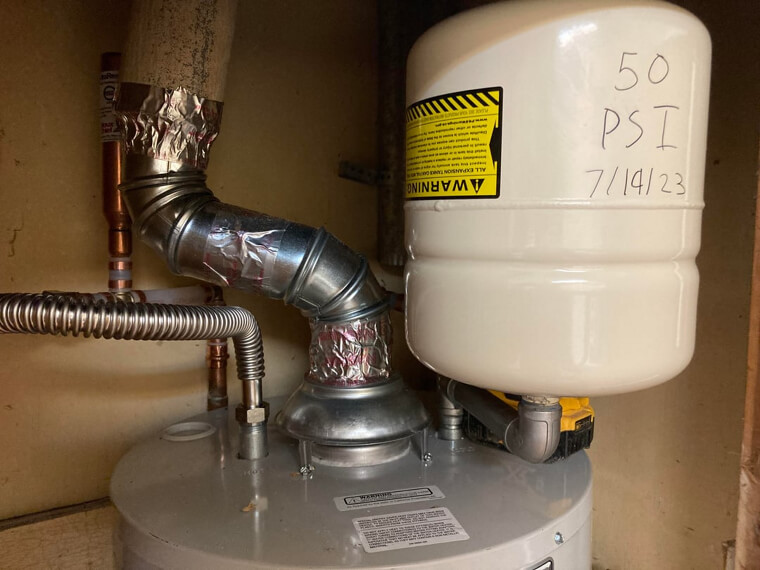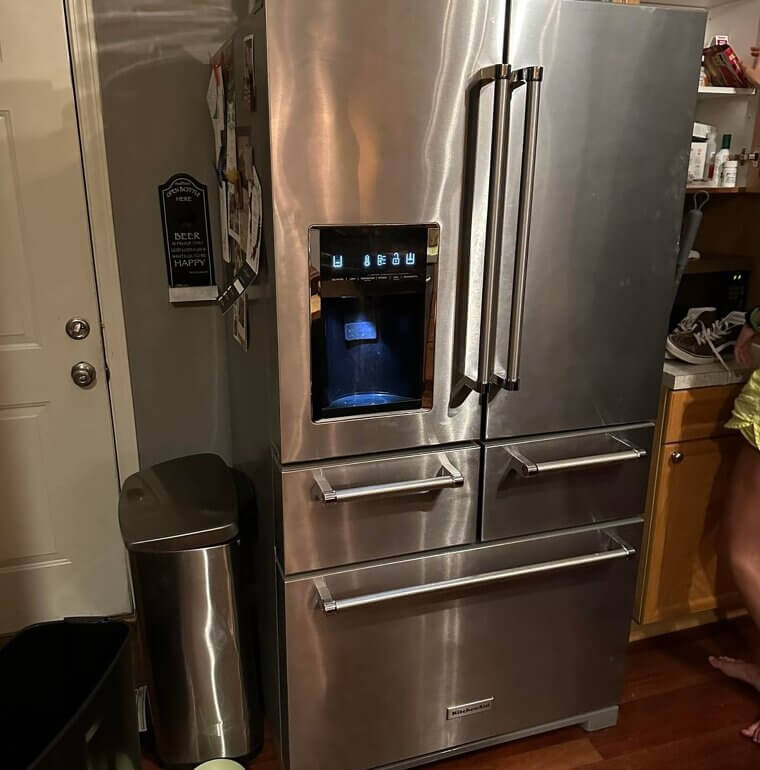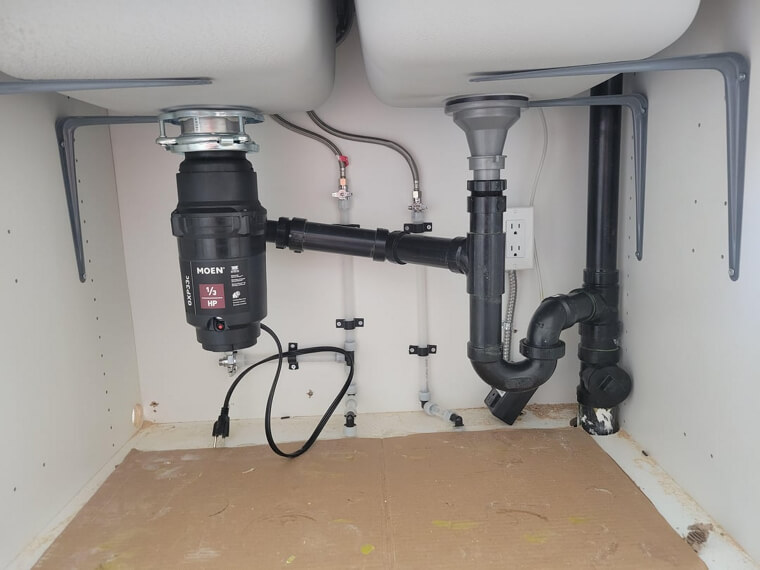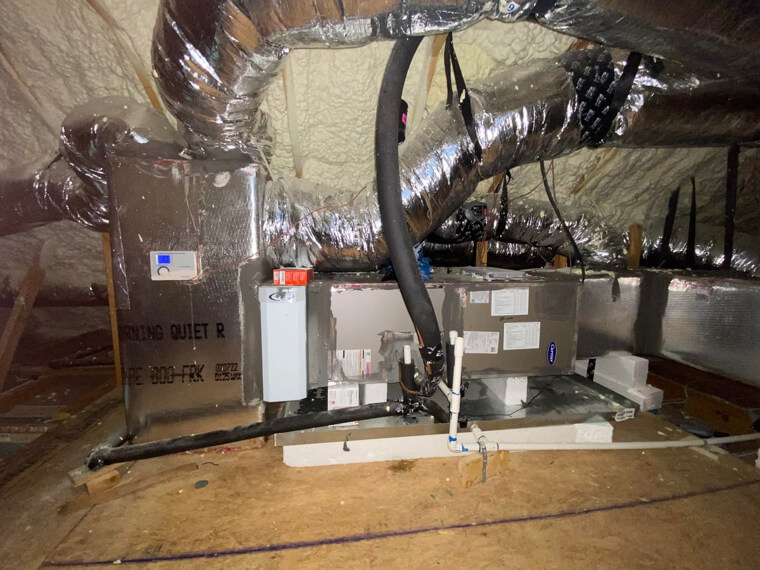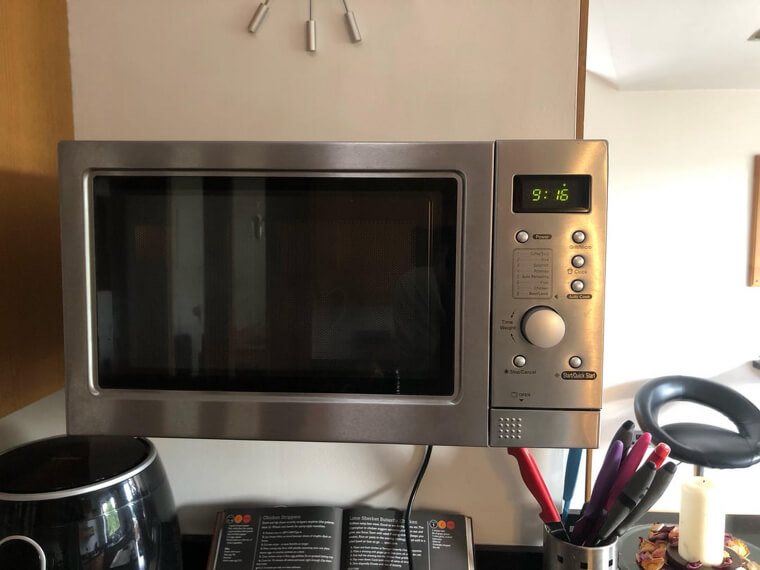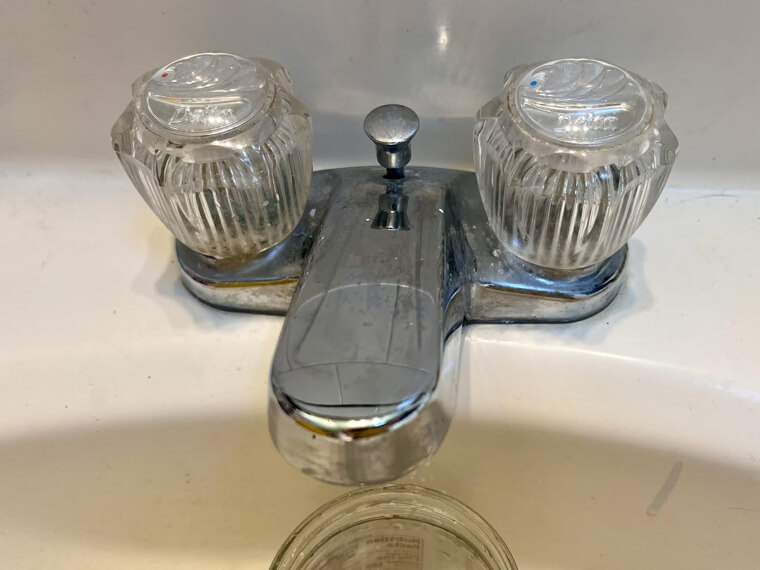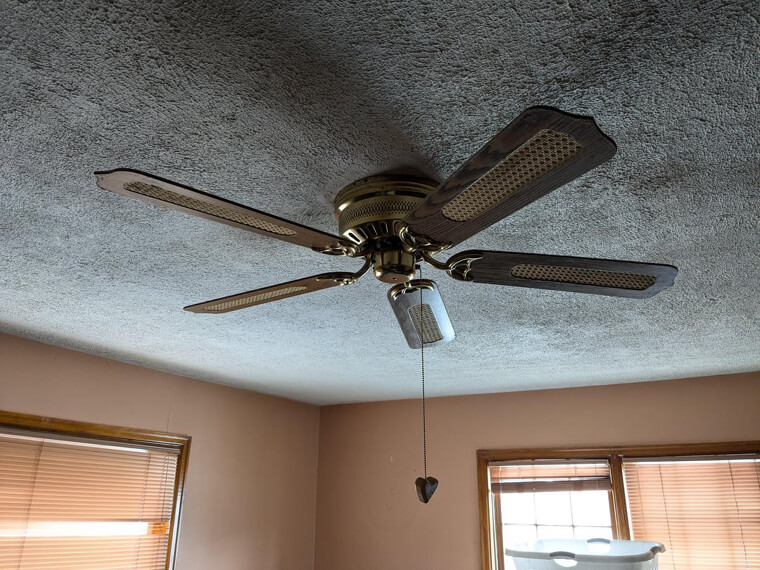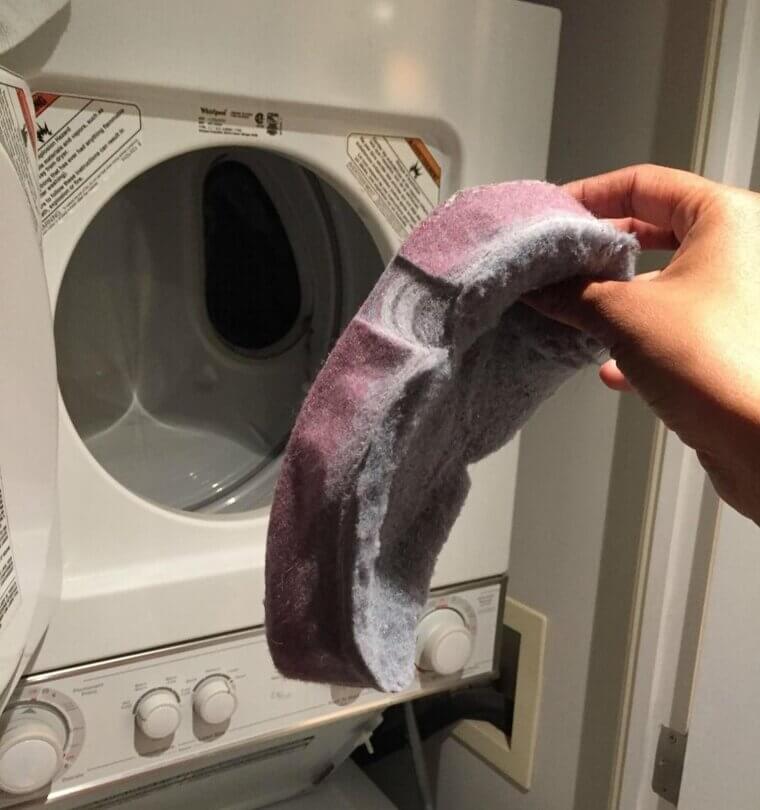Dishwashers
Dishwashers save time but tend to have short lifespans compared to other appliances. Most models start showing issues after 7 to 10 years. Mineral buildup, clogged filters, and worn-out spray arms are common culprits. If dishes come out spotty or wet, it might be a sign that your dishwasher is on its way out. Cleaning the filter regularly and using a rinse aid can help delay the inevitable. These machines are often the first to fail in any kitchen.
Washing Machines
Washing machines work hard, and most people push them to the limit. Between heavy loads, hard water, and constant vibration, these appliances take a lot of wear and tear. The average washer lasts about 8 to 12 years, but overloading it or skipping regular maintenance can cut that time in half. Hoses, pumps, and bearings are the first parts to fail, often leading to leaks or strange noises. A quick monthly clean cycle and keeping loads light can extend its life more than you might expect.
Water Heaters
Water heaters work quietly in the background until one day they do not. Tank-style models typically last about 8 to 12 years before sediment buildup or corrosion causes trouble. The first sign of decline is usually lukewarm water or strange popping noises from inside the tank. Once a leak starts, replacement is the only option. Flushing the tank once a year helps keep sediment from building up and gives your heater a few extra years of life.
Refrigerators
Refrigerators run constantly, so it is no surprise they are among the first big-ticket appliances to fail. The average lifespan is about 10 to 15 years, depending on the brand and usage. Overstuffing the fridge or skipping coil cleanings can cause the compressor to work harder than necessary. The first sign of trouble is usually inconsistent temperature or strange buzzing sounds. Keeping air vents clear and giving it some breathing room against the wall can help it last longer.
Garbage Disposals
Garbage disposals take a beating from leftover food, grease, and the occasional spoon that slips through by mistake. Most models last around 8 to 10 years before the motor weakens or the blades dull. Frequent clogs and bad smells are signs it is wearing out. Running cold water before and after use and tossing in a few ice cubes to sharpen the blades can help extend its life. This small kitchen appliance is often one of the first to go.
HVAC Systems
Your heating and cooling system is one of the hardest-working parts of your home. Most units last between 10 and 15 years, but filters, belts, and compressors can fail long before that. Lack of maintenance is the biggest culprit. Dirty filters make the system work harder, shortening its lifespan. Scheduling seasonal tune-ups and changing filters every few months helps prevent costly breakdowns. When it starts making odd noises or struggling to maintain temperature, it might be time for repairs.
Microwaves
Microwaves are convenient, but they are not built for longevity. On average, they last only about 7 to 9 years. Heavy daily use wears out the internal magnetron, which is what generates heat. If it starts taking longer to warm food or makes unusual noises, it is likely on its last legs. Wiping it down regularly and not slamming the door shut can keep it running longer. For a small appliance, it is one of the most frequently replaced items in any household.
Faucets and Plumbing Fixtures
Faucets are used constantly, and their moving parts wear out over time. Leaks, drips, and mineral buildup are all signs that your faucet is nearing the end of its lifespan. Most faucets last 10 to 15 years, depending on water quality. Hard water accelerates corrosion and damages seals. Replacing washers or cartridges can fix minor leaks, but once corrosion sets in, a full replacement is usually the best option. Preventing hard water damage is key to keeping plumbing fixtures in good shape.
Ceiling Fans
Ceiling fans seem indestructible, but the motors and bearings eventually wear out. Most last around 8 to 10 years before they start wobbling, making noise, or slowing down. Dust accumulation can throw off balance and add extra strain to the motor. Cleaning the blades regularly and tightening screws helps prevent early failure. When fans start making clicking or grinding sounds, it is usually a sign that the motor or bearings are wearing out and repairs may not be worth it.
Dryers
Dryers have fewer moving parts than washers, but they still wear down fast. Heating elements, belts, and sensors often fail after 8 to 12 years. Lint buildup can cause overheating, which shortens the appliance’s life and increases fire risk. Cleaning the lint trap after every load and vacuuming the vent a few times a year can make a huge difference. Once drying times start increasing or it stops heating evenly, you are likely looking at a replacement soon.

